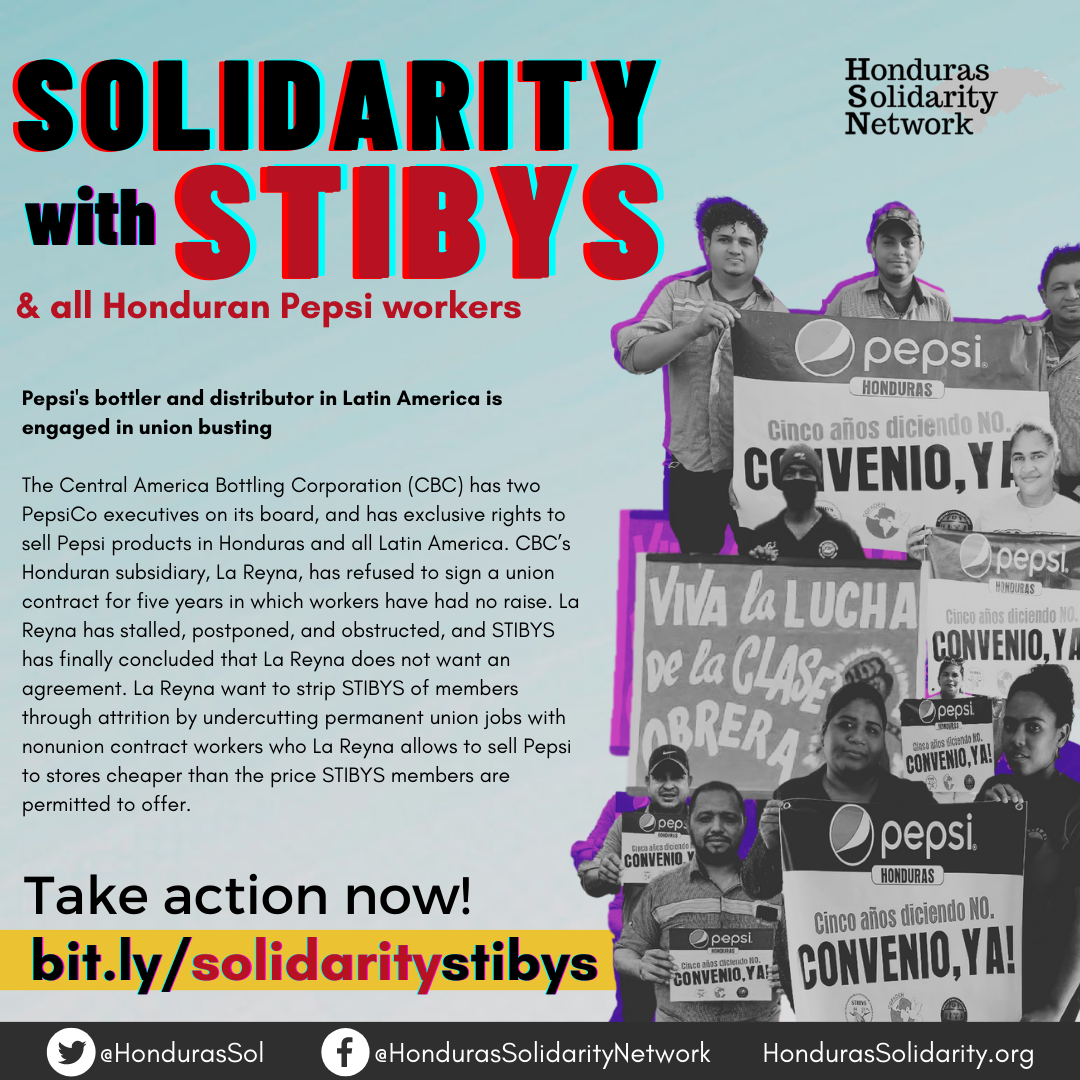In 2009 Honduras saw a violent military coup, overthrowing the then president Manuel Zelaya. With this coup a new system to generate foreign investment was established. The new president and Congress came forward with a law which would allow the creation of so called "Zones for Employment and Economic Development" (ZEDE). ZEDE's are near-tax-free areas within Honduras, governed by private corporations.
The first attempt to create these ZEDE's was blocked by the Honduran Supreme Court, but this didn't stop the political actuaries. First the Congress impeached the opposing Supreme Court judges, then engineered a new ZEDE law, working around regulations.
The newly established ZEDE's operate comparable to so-called Charter Cities and are influenced by economic powerhouses like Hong Kong and Singapore. The self-governing corporate territories are known for providing barely any public services besides private police and military forces. Furthermore they:
- trample rights of the Indigenous and Afro-Caribbean populations
- force small farmers to sell their land
- put extra wight on surrounding communities providing schools, hospitals etc.
- avoid usage of national currency by using crypto
- worsen tax evasion and drug trafficking
- deny international labor and environmental regulations
- violate basic principles of democracy and undermining the national sovereignty
The problems with the ZEDE's are especially notable in Honduras' tax income. If the charter cities weren't shut down, Honduras would lose as much as half of its current sales taxes by 2025 and the equivalent of all of its current import taxes by 2026.
So far the Honduran Congress has always worked in favor of the ZEDE's, for example toughening the punishment for blocking properties and businesses, making it easier for (private) police forces to repress protests. But the table has turned. With the election of the first opposition government since the coup in 2009, ZEDE's became a hot topic. In its electoral campaign the Liberty and Refoundation (Libre) party promised the elimination of the ZEDE's, a promise they acted on. Among the first laws passed by the new Congress was the outlawing of charter cities.
To stop this long overdue step, supporters of the ZEDE's pointed out unproven benefits like,
- helping in the fight against unemployment, a false statement. Since the establishing of the ZEDE's numbers of employment haven't changed.
- addressing corruption. An absurd claim remembering the fact, that the former director of the oversight board was secretary for the now jailed ex-president. Till today he still draws a salary, even after going into exile in Nicaragua to escape corruption and a drug trafficking investigation against him.
- heading off the influence of China. In fact, China is the biggest investor into ZEDE's and already has a massive influence through the charter cities.
- pushing trade, investment and growth. The facts show a different picture. Since the introduction of the ZEDE's, the GDP trade percentage dropped in five of the eight years and is now lower than before. In the same time period, the foreign direct investment GDP percentage decreased every year except for 2018, and the GDP growth was below four percent in six of the eight years.
Supporters additionally compare the ZEDE's to nearshoring in Central and South America, while concealing the fact that Honduras' ZEDE profits have always lagged behind those of 8 other Latin American countries' nearshoring profits.
But the strongest opposition comes from the usual suspects. Members of the United States Congress are threatening Honduras with withdrawal of aid, forced restitution payments and a limitation of Honduras' share of the private Partnership for Central America investment plan, led by Vice President Kamala Harris. This would undermine the core intent of the plan, to invest to stem migration from Central America.
One thing is definite: the end to the ZEDE's is a necessary and long overdue step to secure labor, environmental and human rights. It is outrageous, though not surprising, that United States congresspersons make themselves accomplices to corporations oppressing the population and destroying a country physically, and politically as a means of profit generation.
We have to support Honduras in its struggle for a democratic future.


